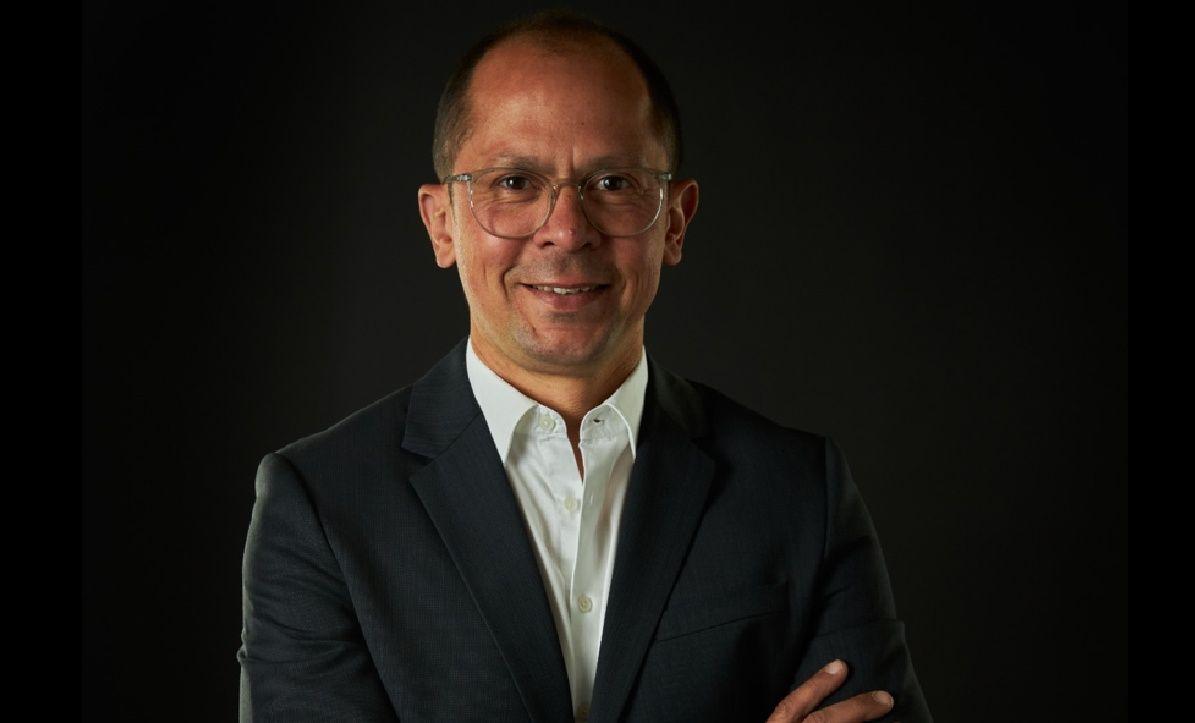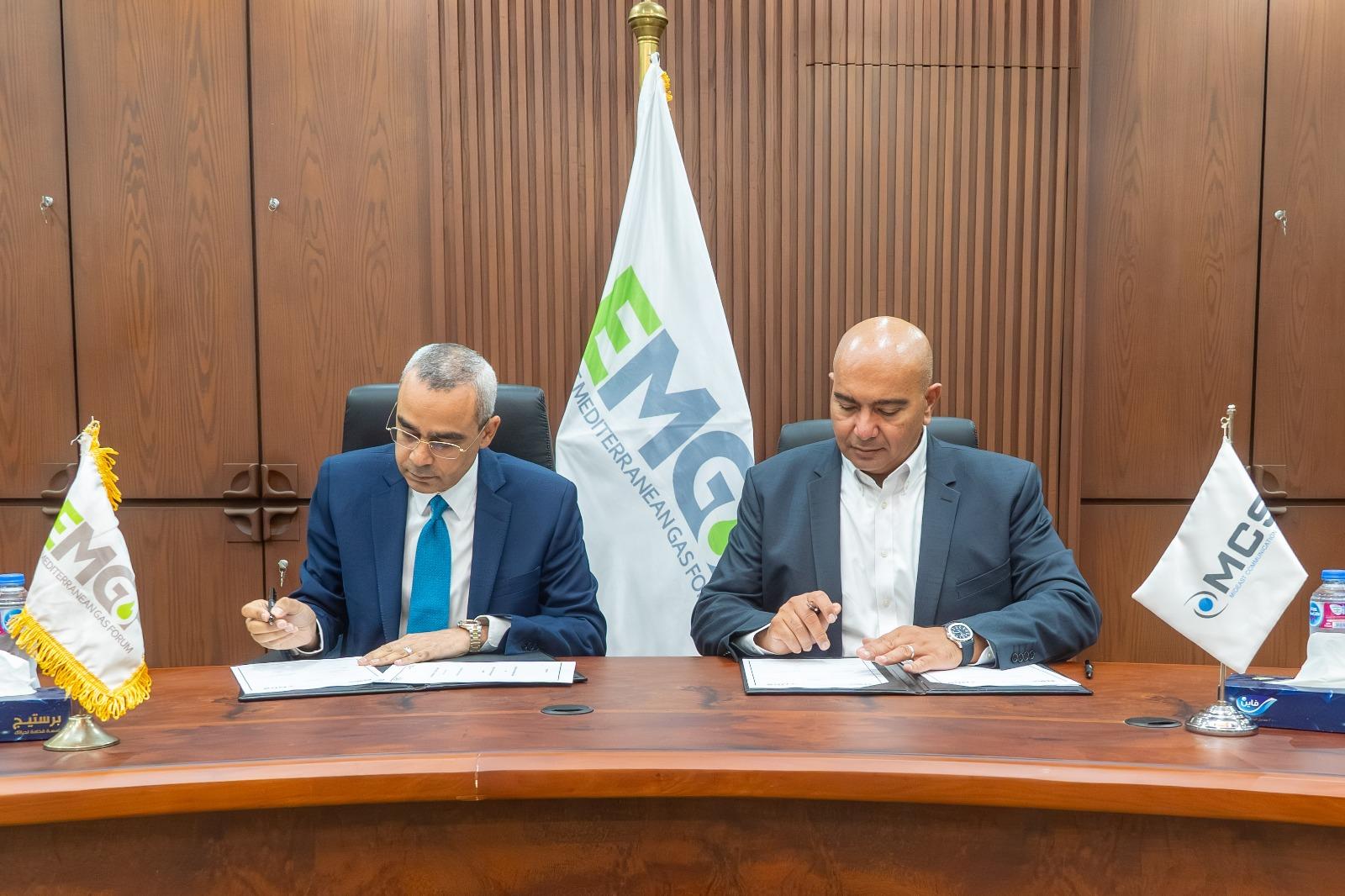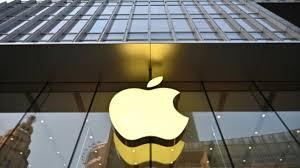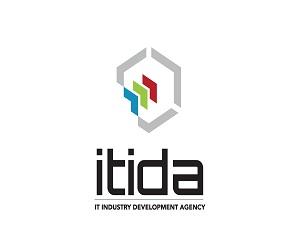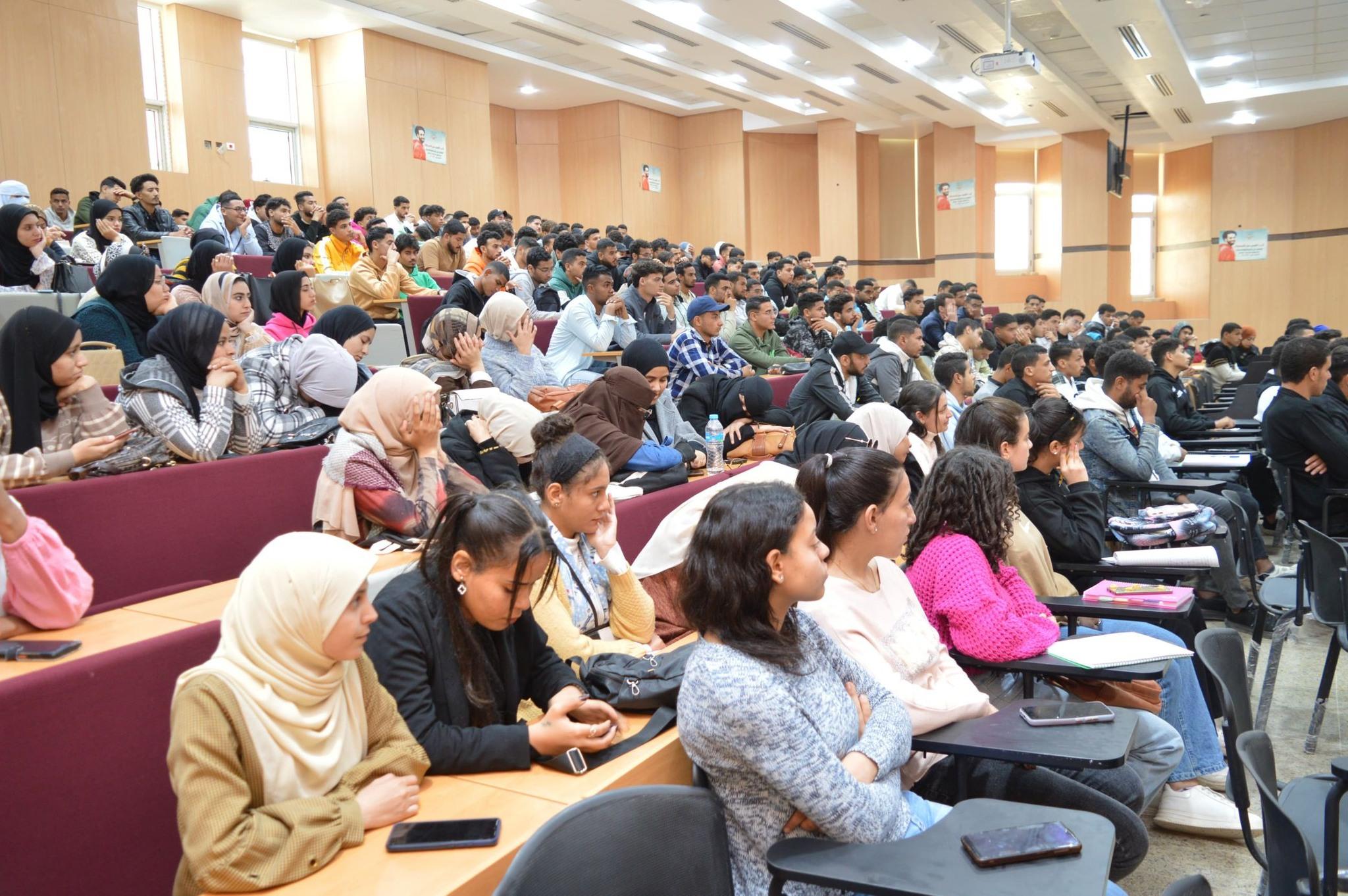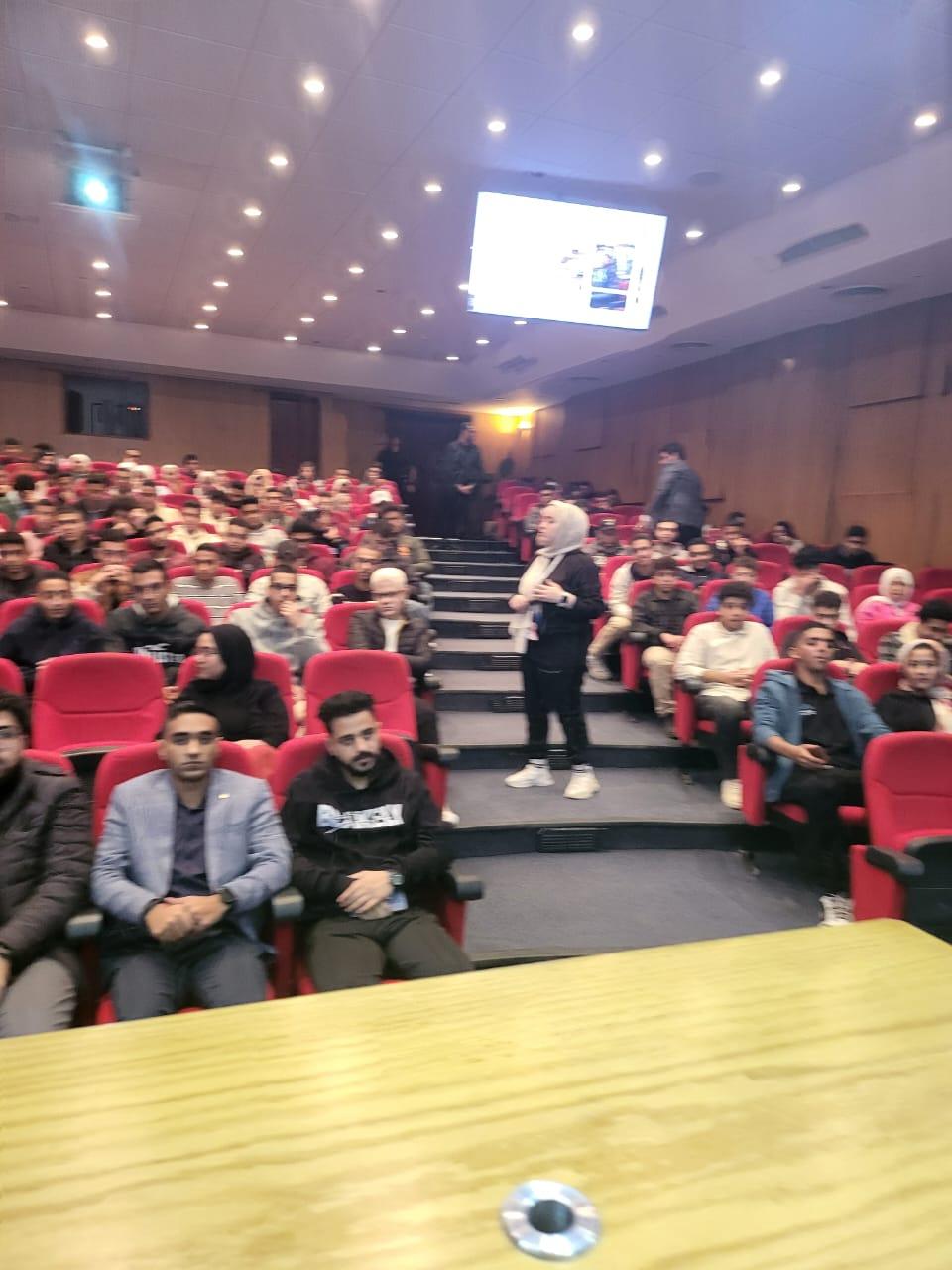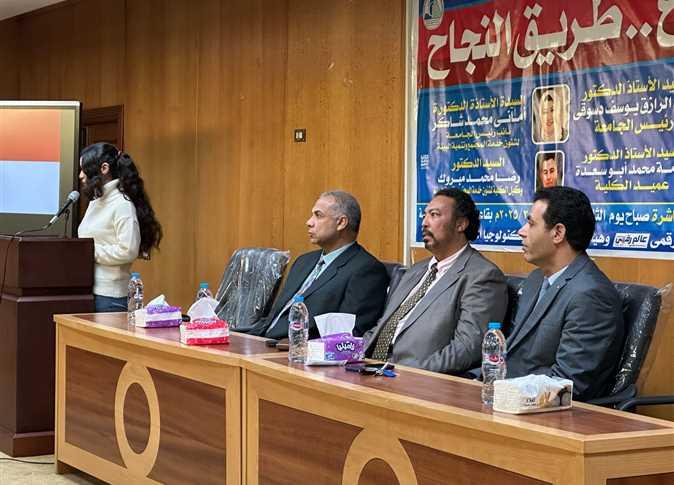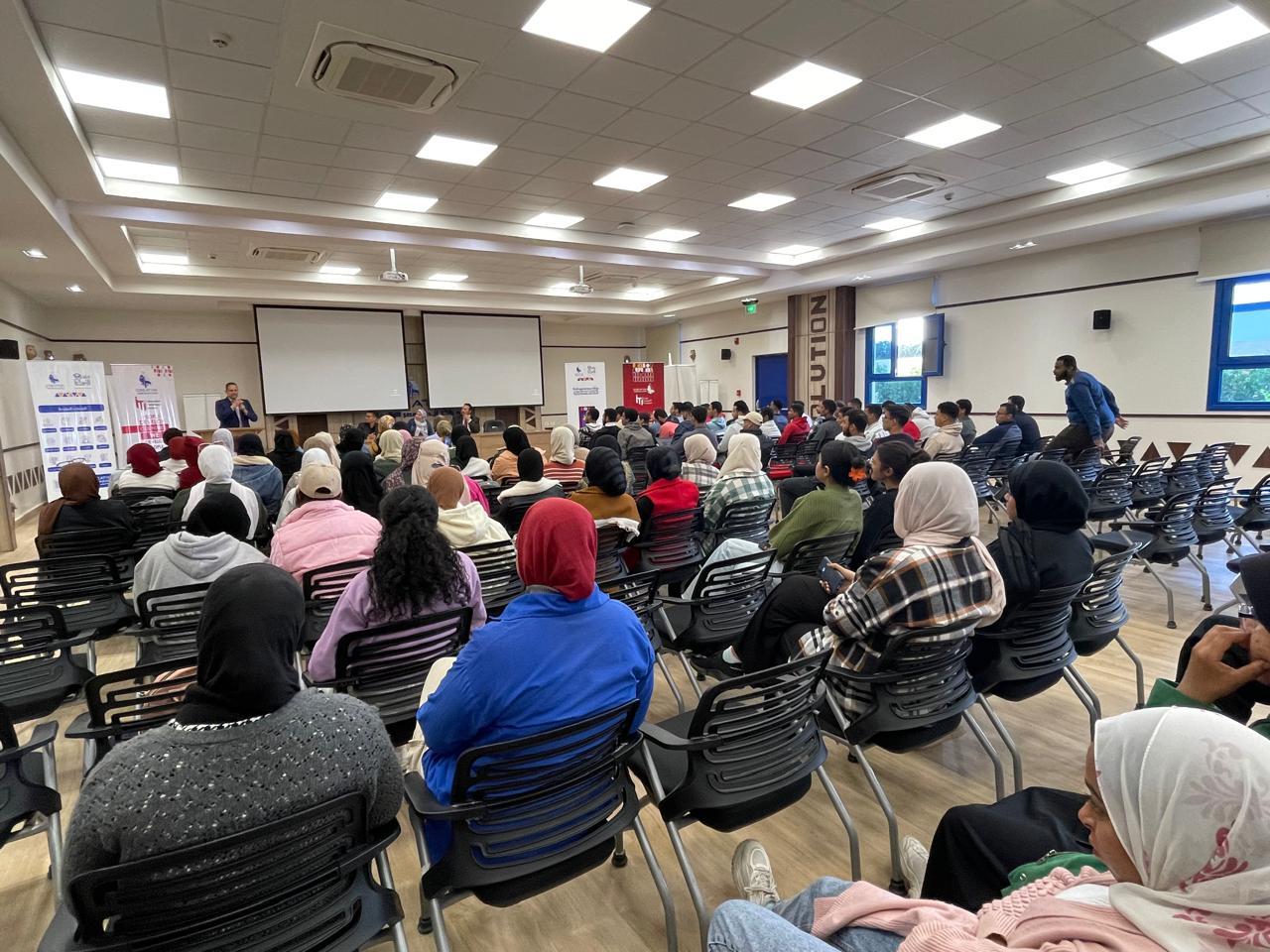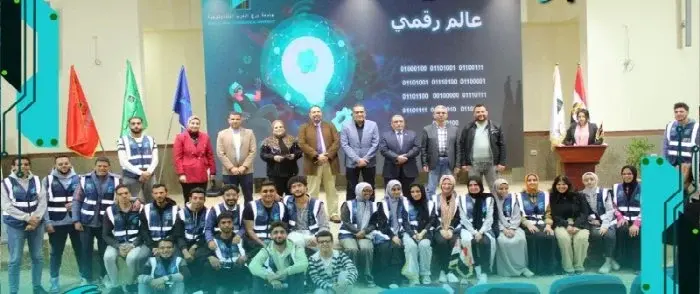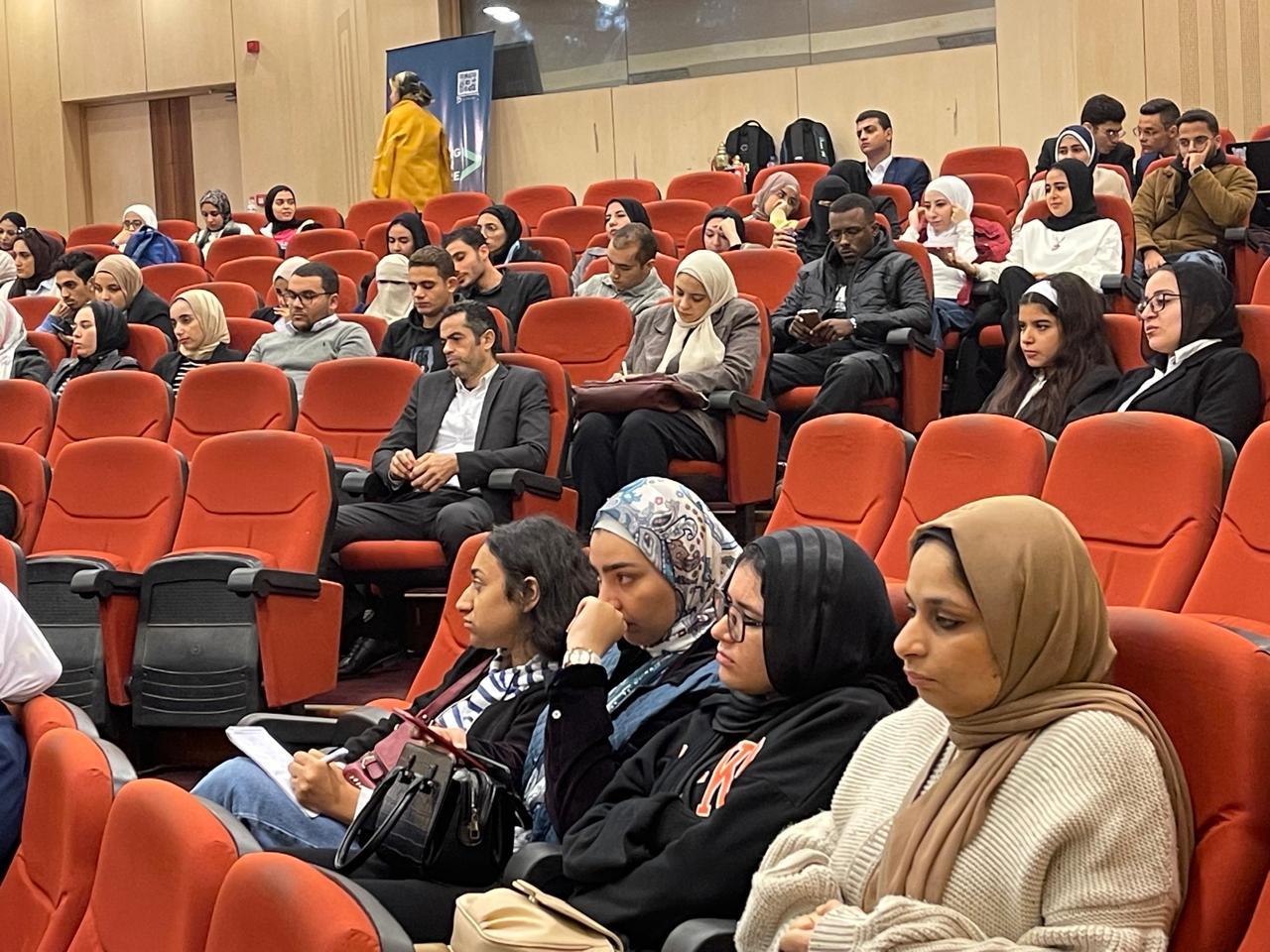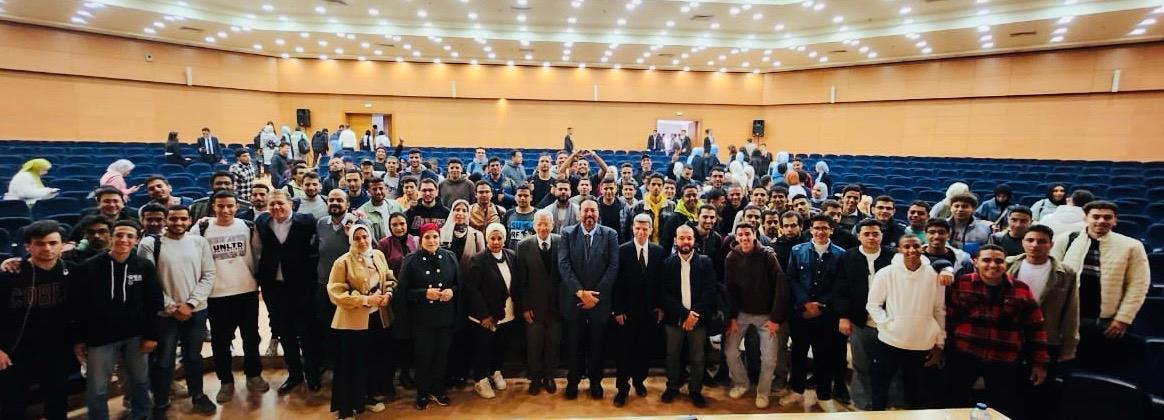By ; Nelly ALL
bin Saeed Al Maktoum, Chairman of Dubai Supreme Council of Energy, has issued Directive No. 1 of 2020 for the Dubai Demand Side Management Strategy 2030 Update. This is in line with the vision of His Highness Sheikh Mohammed bin Rashid Al Maktoum, Vice President and Prime Minister of UAE and Ruler of Dubai for establishing the elements of sustainable development and supporting the Dubai Plan 2021, and in line with the Dubai Integrated Energy Strategy 2030 and the Dubai Clean Energy Strategy 2050.
The Dubai Supreme Council of Energy (DSCE) has been implementing the Dubai Demand Side Management Strategy 2030 (DSM Strategy 2030) since 2013. The DSM Strategy 2030 aims to set Dubai as a role model in energy and water efficiency and the DSCE has been working with the concerned government entities to implement this Strategy.
“At DSCE, we are working to achieve the vision of His Highness Sheikh Mohammed bin Rashid Al Maktoum, Vice President and Prime Minister of the UAE and Ruler of Dubai, to promote the transition towards a sustainable green economy, and achieve the Dubai Clean Energy Strategy 2050, which aims to provide 75% of Dubai’s total power output from clean energy by 2050, and make Dubai the city with the least carbon footprint in the world by 2050. DSCE launched the Dubai Demand Side Management Strategy 2030, which aims to reduce the demand for electricity and water by 30% by 2030. Dubai will continue its efforts to become a leader in efficient demand management of electricity and water in collaboration with the community including the public and private sectors,” said HE Saeed Mohammed Al Tayer, Vice-Chairman of DSCE.
“This objective aligns with Dubai's 8 Principles of Governance, 50-Year Charter and ‘4th of January Document' announced by HH Sheikh Mohammed bin Rashid Al Maktoum, and is a continuation of the Dubai Integrated Water Resources Management Strategy 2030 and the Dubai Green Mobility Initiative. In this context and under the guidance of DSCE, the concerned government entities; namely Dubai Municipality, Dubai Electricity and Water Authority (DEWA), Roads & Transport Authority, Etihad Energy Services, Regulatory and Supervisory Bureau for Electricity and Water, Emirates Standardization and Metrology Authority, Dubai Free Zones Council, Smart Dubai, Dubai Future Accelerators and other government entities as required by DSCE shall lead by example and support the implementation of the Dubai DSM Strategy 2030 Update reflected in the updated DSM 2030’,” added Al Tayer.
The updated Dubai Integrated Energy Strategy 2030 places sustainable energy and energy efficiency as top priorities. These include the Integrated Water Resources Management Strategy mandated in 2017 and the Green Mobility Initiative. The Directives mandated by DSCE to drive savings for the number of DSM programmes with the government in Dubai including the Directive on Installation of Rooftop Solar PV Systems, Building Energy Audits and Retrofits, Green Procurement and Dubai Green Mobility Initiative. The Updated DSM Strategy 2030 includes new programmes such as Fuel & Engine Efficiency, Efficient Mobility and Smart Charging, Recycled & Ground Water Demand Management, and Consumer Behaviour.
The Strategy also aims to implement seven mechanisms, namely Policies & Regulations; Data & Measurement and Verification (M&V); Government Support & Leadership; Communication & Engagement; Financing; DEWA Collaboration and Technologies & Innovation. The Strategy also aims at aligning with the scope of the respective charters, roadmaps and targets for each of the DSM Programmes and Implementing Mechanisms as per the Dubai DSM Strategy 2030 Update and monitoring and taking action to achieve or exceed the 30% savings target by 2030. It also aims to foster collaboration between the concerned government entities (both the Programme Owners and Support Entities) and DSCE DSM Directorate, Dubai Energy Efficiency Program )TAQATI( and other stakeholders; and reporting of savings and ensuring related data collection in a timely and accurate manner to DSCE DSM Directorate and TAQATI.
“The strategy aims to enhance collaboration to achieve annual electricity consumption savings by 2030 of at least 19.2 Terra Watt hour (TWh) and water consumption savings in 2030 of at least 46.3 Billion Imperial Gallons (BIG), as compared to the 2013 baseline. It also aims at the implementation of 11 DSM Programmes including Green Building Code; Building Retrofits; Outdoor Lighting; Efficient Cooling; ESMA Standards & Labels; Consumer Behaviour; Shams Dubai; Recycled & Ground Water Demand Management; Efficient Mobility and Smart Charging and Fuel & Engine Efficiency,” said HE Ahmed Buti Al Muhairbi, Secretary-General of DSCE.
DSCE - DSM Directorate shall manage, and monitor the Dubai DSM Strategy 2030 Update and ensure regular reviews every 5 years. The concerned government entities shall extend all support required to meet the objectives of this Strategy.





